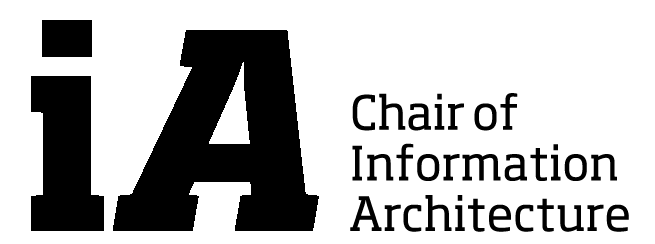
Teaching
Sep - 24 - 2019
MOOC III – SMART CITIES
Sep - 24 - 2019
MOOC IV – RESPONSIVE CITIES
Sep - 24 - 2019
MOOC II – LIVABLE FUTURE CITIES
Sep - 24 - 2019
MOOC I – FUTURE CITIES
Feb - 18 - 2018
FS2018 | Digital Urban Simulation
Feb - 18 - 2018
FS2018 | Creative Data Mining
Sep - 18 - 2017
HS2017 | Digital Urban Simulation
Sep - 18 - 2017
HS2017 | Creative Data Mining
Jan - 27 - 2017
FS2017 | Information Architecture and Future Cities: Smart Cities
Jan - 27 - 2017
FS2017 | Creative Data Mining: Uncover and Evaluate
Jan - 27 - 2017
FS2017 | Digital Urban Simulation
Aug - 23 - 2016
HS2016 | Digital Urban Visualisation – People as Flows
Aug - 23 - 2016
HS2016 | Information Architecture and Future Cities: Smart Cities
Aug - 23 - 2016
HS2016 | Digital Urban Simulation
Jan - 15 - 2016
HS2016 | Information Architecture and Future Cities: Smart Cities
Jan - 15 - 2016
FS2016 | Digital Urban Simulation
Jan - 15 - 2016
FS2016 | Creative Data Mining
Aug - 17 - 2015
HS2015 | Information Architecture and Future Cities: Smart Cities
Aug - 14 - 2015
HS2015 | Digital Urban Simulation
Jun - 03 - 2015
Crowd Simulation – People as Flows